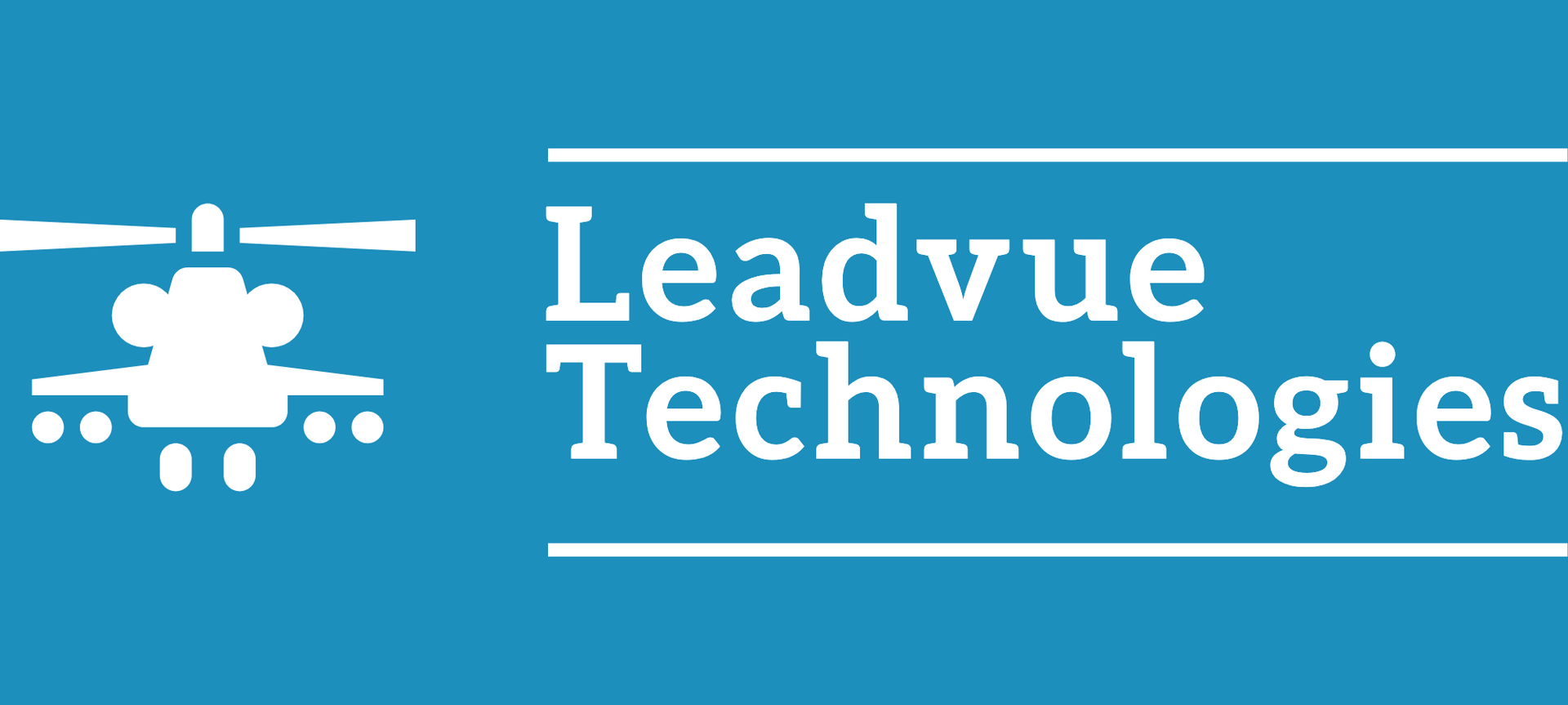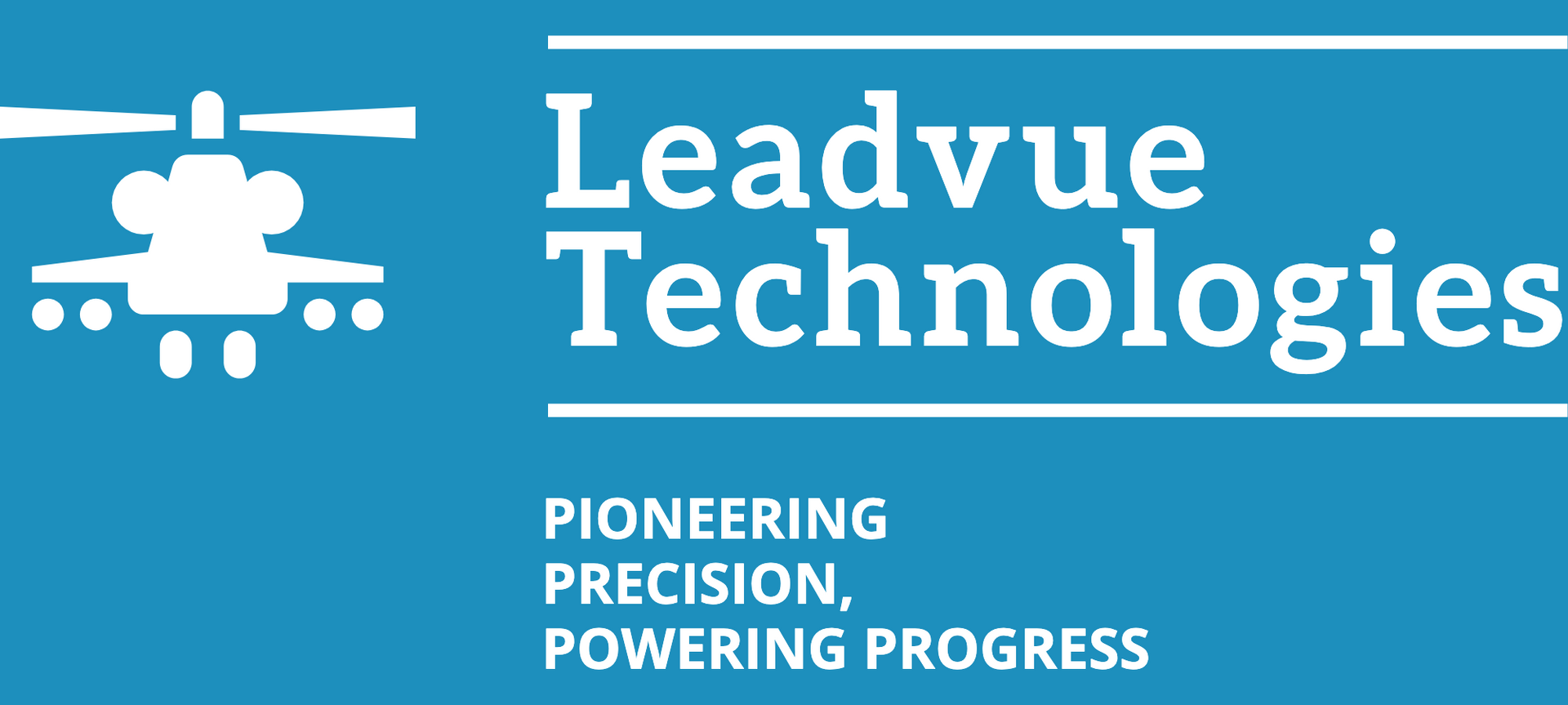Role of Fear in a World Without Peace
Next 20 years of Defense Contracting: Innovation, Global Security, and the Role of Fear in a World Without Peace

In the next 20 years, defense contracting will undergo significant transformations driven by the rapid advancements in artificial intelligence (AI), quantum computing, cybersecurity, and autonomous systems. These changes will not only revolutionize how nations defend themselves but also reshape global geopolitics and the role of fear in maintaining peace. As Michio Kaku and other futurists have pointed out, while technological progress creates opportunities for collaboration, it also heightens the stakes for conflict. In a world where peace is fragile, often upheld by a balance of power, fear of retaliation will continue to be a driving force behind the investments in military technology and defense contracting.
At Leadvue Technologies, we are at the forefront of this transformation, working with defense contractors and governments to develop cutting-edge solutions that will shape the future of defense. This blog explores how defense contracting will evolve in the next two decades, highlighting key technologies, challenges, and the delicate balance between peace and fear.
1. Autonomous Systems Will Dominate the Battlefield
One of the most significant shifts in defense contracting over the next 20 years will be the rise of autonomous systems. Unmanned aerial vehicles (UAVs), autonomous tanks, submarines, and robotic soldiers will take on increasingly complex roles in military operations. These systems will leverage AI and machine learning to make real-time decisions, reducing the need for human intervention in combat zones and improving operational efficiency.
According to a report by MarketsandMarkets, the global market for autonomous military systems is projected to grow from $3.2 billion in 2020 to $7.5 billion by 2027. By 2040, it is expected that over 50% of military assets used in conflict zones will be unmanned and fully autonomous. These systems will not only carry out reconnaissance and combat missions but also operate in swarms, working in coordination to achieve strategic objectives with minimal human oversight.
However, the deployment of autonomous systems raises critical ethical questions. As AI becomes more sophisticated, the possibility of autonomous systems making life-or-death decisions without human input becomes more real. Defense contractors will need to work closely with governments and international bodies to establish clear guidelines and protocols for the use of autonomous systems in warfare.
Despite the ethical concerns, the strategic advantages of autonomous systems—such as reducing human casualties and enhancing combat effectiveness—will drive significant investments in this area. Defense contractors will play a crucial role in designing, developing, and maintaining these systems, ensuring that nations have the technological edge needed to deter aggression and maintain peace through strength.
2. AI and Quantum Computing: The New Arms Race
The future of defense contracting will be defined by the AI arms race and the integration of quantum computing into military operations. Nations are already investing heavily in AI-driven defense platforms, and this trend will accelerate over the next two decades. AI will not only enhance autonomous systems but also play a critical role in cyber warfare, data analysis, logistics, and strategic planning.
Quantum computing, which promises to solve complex problems at speeds unimaginable with classical computers, will revolutionize military capabilities. By 2040, quantum computers will be able to break most of today’s encryption algorithms, forcing nations to adopt quantum-resistant encryption to protect their sensitive data. Defense contractors will need to develop and deploy quantum-based cryptographic solutions to ensure the security of military communications and infrastructure.
A report by PwC estimates that the global AI market in defense will reach $13 billion by 2025, with significant growth in autonomous weapons, AI-driven cybersecurity, and military decision-making systems. Quantum computing, currently in its nascent stages, is expected to reach full maturity by 2040, at which point it will be integrated into everything from missile defense systems to logistics optimization for military operations.
The combination of AI and quantum computing will make military operations more efficient, but it will also increase the complexity of warfare. Nations that fall behind in the AI and quantum race may find themselves vulnerable to cyberattacks, data breaches, and AI-driven military strategies from adversaries. The fear of losing this technological edge will drive governments to invest heavily in AI and quantum technologies, further fueling the defense contracting industry.
3. Cybersecurity Will Be the Frontline of Warfare
As the world becomes more interconnected and reliant on digital infrastructure, cybersecurity will emerge as the frontline of warfare. Cyberattacks on critical infrastructure—such as power grids, financial systems, and military networks—will become more frequent and sophisticated, making cybersecurity a top priority for defense contractors.
In the next 20 years, AI-powered cybersecurity systems will become standard in defense operations. These systems will be capable of detecting and neutralizing cyber threats in real time, using machine learning to continuously adapt to new attack vectors. Additionally, cyber warfare will become more offensive, with nations deploying AI-driven cyber weapons to disrupt the digital infrastructure of their adversaries.
According to Gartner, global spending on cybersecurity is expected to reach $187 billion by 2024, with defense contractors playing a critical role in developing and deploying advanced cyber defense systems. By 2040, cybersecurity will account for a significant portion of defense budgets, as the line between physical and digital warfare becomes increasingly blurred.
One of the most concerning aspects of this trend is the potential for cyberattacks on civilian infrastructure during conflicts. Defense contractors will be tasked with not only protecting military assets but also ensuring that the civilian population remains safe from cyberattacks. The fear of large-scale cyber disruption will drive nations to invest heavily in cyber resilience and AI-driven threat detection systems, ensuring that they can withstand and respond to cyberattacks.
4. The Role of Fear in Maintaining Peace
As defense technologies become more advanced and destructive, the role of fear in maintaining peace will become even more pronounced. The concept of mutual assured destruction (MAD), which kept the Cold War from escalating into a full-scale nuclear conflict, will evolve into a broader deterrence strategy that includes AI, cyber weapons, and autonomous systems. Nations will rely on the fear of devastating retaliatory attacks to prevent conflicts from escalating.
Futurist Michio Kaku has often spoken about the delicate balance between technological progress and the potential for catastrophic conflict. In a world where AI-controlled missile defense systems and quantum-driven cyber weapons exist, the stakes are higher than ever. The fear of technological superiority by adversaries will drive nations to continuously innovate, ensuring they are not left vulnerable to surprise attacks or cyber sabotage.
This balance of fear will fuel the growth of the defense contracting industry. Governments will invest heavily in defense R&D to ensure that they remain ahead of their adversaries in terms of technological capabilities. Defense contractors will play a key role in this arms race, developing the technologies that will keep nations safe while maintaining the delicate balance of power.
5. Sustainability and Defense: A New Priority
In the coming decades, the defense industry will also be forced to address the growing demand for sustainable practices. Military operations have traditionally been resource-intensive and environmentally damaging, but the shift toward green technologies will change that. Defense contractors will need to develop sustainable materials, fuel-efficient systems, and renewable energy solutions for military use.
Leadvue Technologies is already at the forefront of integrating sustainable technologies into defense projects, such as solar-powered military bases and electric military vehicles. By 2040, we expect that sustainability will be a central focus for defense contractors, as governments prioritize reducing the environmental impact of military operations. This shift will not only help combat climate change but also improve the efficiency and cost-effectiveness of defense operations.
6. Preparing for Interplanetary Defense
As space exploration advances, defense contracting will expand beyond Earth’s atmosphere. The militarization of space is already underway, with countries like the U.S., China, and Russia investing in space-based defense systems. In the next 20 years, defense contractors will be tasked with developing technologies to protect satellites, space stations, and other critical assets in orbit.
Leadvue Technologies is working on space-based defense systems that will protect Earth’s orbit from potential threats, including space debris, anti-satellite weapons, and hostile spacecraft. By 2040, space defense will be a critical component of national security, and defense contractors will play a key role in ensuring the safety of Earth’s orbital infrastructure.
Conclusion: Fear as a Driving Force for Innovation
As we look to the future of defense contracting, it is clear that fear will continue to be a driving force behind technological innovation and military strategy. In a world where peace is fragile and nations must constantly defend themselves against emerging threats, defense contractors will play a pivotal role in maintaining the balance of power.
At Leadvue Technologies, we are committed to developing the cutting-edge technologies that will shape the future of defense, from autonomous systems to quantum cybersecurity and space defense platforms. As we prepare for the next two decades, our goal is to ensure that nations have the tools they need to maintain peace through strength, innovation, and, when necessary, fear.







